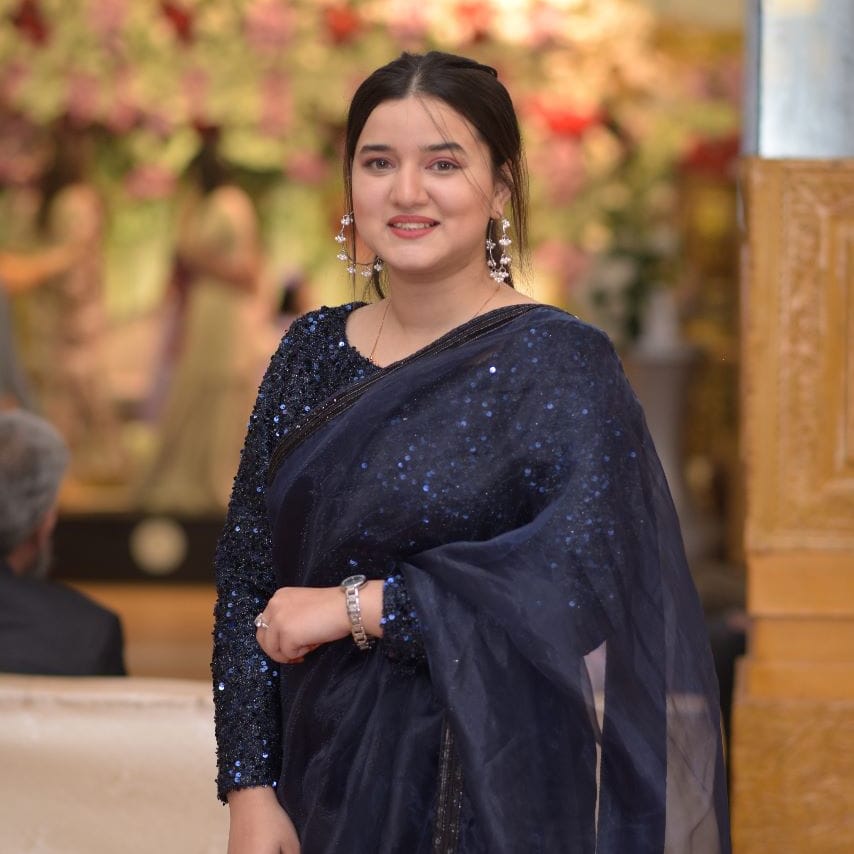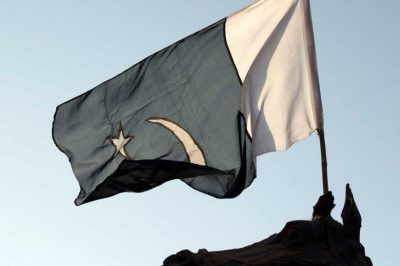In the cutting-edge geopolitical landscape, the sector order that has prevailed since the cease of the bloodless struggle is a process of a profound shift. Emerging powers are complex in the mounted order, leading to a resurgence of power opposition, reinforced conventional army alliances, and the emergence of smaller confederations on a global degree.
Many complicated and interdependent challenges confront the world as the worldwide arena witnesses the reemergence of European conflict and escalating threats in the Eurasian region. Notably, no group of countries can address these challenges in isolation; collective movement via a comprehensive method is imperative.
Despite the call for collaboration, a trend of unilateralism and populism is at the upward push, hampering the efficacy of multilateral channels hooked up for peaceful battle decisions and expected improvement. The United Nations (UN) is crucial for restoring peace and organizing an equitable international order in these unstable surroundings.
While international divisions intensify due to bloc politics, the need for collective efforts to cope with not unusual threats such as weather exchange, environmental degradation, and pandemics turns even more apparent.
Uncertainty looms large in the near destiny, with disruptions like pandemics, deliver chain interruptions, armed conflicts, and shifting weather patterns affecting the global south. The upward thrust in fuel expenses and inflation exacerbates disparities, sparking social unrest and political instability.
As we navigate this unpredictable environment, the imperative for countries, which includes Pakistan, is to conform to foreign guidelines to address shifting international traits and guard countrywide hobbies.
Historically, diplomacy appeared as the first line of defense and became paramount for international locations like Pakistan. Islamabad’s relentless efforts to construct consideration, credibility, and partnerships primarily based on mutual appreciation and shared pursuits serve as the bedrock of its global family members.
Prioritizing on-the-spot buddies, specifically Afghanistan and India, displays Pakistan’s commitment to balanced, impartial, and mutually beneficial bilateral relations inside its neighborhood.
Beyond local dynamics, Pakistan seeks to reinforce ties with prominent powers, the P5 nations, the European Union, critical improvement companions, Saudi Arabia, the Gulf States, and Türkiye. A deepening outreach to regions like Southeast Asia, principal Asia, and Africa underscores Pakistan’s dedication to fostering mutually beneficial cooperation on an international scale.
The merchandising of peace and development through geo-economics is imperative to Pakistan’s overseas policy. Choosing partnership in peace and development over alignment with blocs or conflicts, Pakistan emphasizes financial growth, countrywide security, and fantastic family members with all international locations.
The United States of America’s participation in transformative initiatives like the China-Pakistan Economic Corridor (CPEC) exemplifies its commitment to regional connectivity, economic improvement, and shared prosperity.
Also Read: Xiaomi POCO X6 Neo, Powerhouse Smartphone with Cutting-Edge Features
The Ukrainian war looms massive on the arena level, reflecting the failure of international relations and inflicting humanitarian suffering. Pakistan advocates for a direct cessation of hostilities, emphasizing the need to speak primarily based on global regulation and the UN constitution. Retaining a non-partisan stance, Pakistan strives to safeguard its pursuits even as it contributes to worldwide peace.
Within the South Asian location, Pakistan identifies the Hindutva ideology in India because of the best threat to peace, safety, and stability. The state of affairs in Indian Illegally Occupied Jammu and Kashmir (IIOJK) and the plight of Muslim minorities in India underscore the gravity of the assignment.
Pakistan always requires a straightforward settlement of the Kashmir problem according to UN Protection Council resolutions and the aspirations of the Kashmiri people.
As a pivotal player at the crossroads of vital Asia, the Middle East, South Asia, and China, Pakistan acknowledges its function in facilitating connectivity and maintaining ancient hyperlinks. The CPEC is a testimony to Pakistan’s dedication to regional development and prosperity.
No matter the demanding situations posed by using terrorism, refugees, and false narratives, Pakistan emphasizes the importance of a peaceful and prosperous Afghanistan, underscoring the want for international efforts to deal with the humanitarian and financial disaster.
In fostering regional cooperation, Pakistan seeks to strengthen ties with neighboring international locations, including Bangladesh, Nepal, and Sri Lanka. Removing synthetic obstacles within the South Asian Affiliation for Nearby Cooperation (SAARC) is crucial for selling regional peace and collaborative family members.
The intricate courting between the USA and Pakistan undergoes a reset to reduce agreement with deficits and set up a wide-based dating system rooted in mutual belief and respect. Pakistan’s emphasis on financial and development cooperation, trade over aid, and independent engagement displays its evolving method of global partnerships.
Furthermore, Pakistan prioritizes talk and cooperation with Muslim nations, keeping a non-aligned stance and warding off involvement in conflicts. Sturdy relations with countries like Saudi Arabia, Indonesia, Malaysia, Iran, Türkiye, and the UAE contribute to a spirit of friendship and collaboration.
Pakistan’s outreach to African international locations intensifies, with the establishment of recent diplomatic missions reflecting its commitment to shared goals and peace. The USA’s engagement with ASEAN, the European, and other international boards demonstrate its willpower to build bridges and fostering speak on a global scale.
Embracing international relations, Pakistan performs a lively role in UN reforms, advocating for an extra democratic and effective worldwide agency. Sturdy participation in regional forums inclusive of the Organization of Islamic Cooperation (OIC), Economic Cooperation Organization (ECO), SAARC, and Shanghai Cooperation Organization (SCO) enhances Pakistan’s influence and status at both regional and worldwide tiers.
Ultimately, Pakistan’s foreign coverage is intricately woven into a material of peace, prosperity, and international cooperation. As the kingdom navigates the challenges of an unpredictable international, its commitment to diplomatic engagement, monetary improvement, and global collaboration remains unwavering.
Adapting to transferring worldwide dynamics, Pakistan positions itself as a resilient participant on the arena level, equipped to contribute meaningfully to the collective pursuit of an extra inclusive and at ease global order.
This is a guest posting. Author Khadija Asif is an M.Phil. student at Punjab University.
** The opinions expressed in this article are solely those of the author and do not reflect the views or position of World Affairs Insider. The organization neither endorses nor takes responsibility for the content of this article and its accuracy.

Khadija Asif is an M.Phil. student at Punjab University, Lahore. Her domain of interest is artificial intelligence, non-traditional threats like climate change, International Affairs and power dynamics. She can reach via email deejukhan2504@gmail.com








